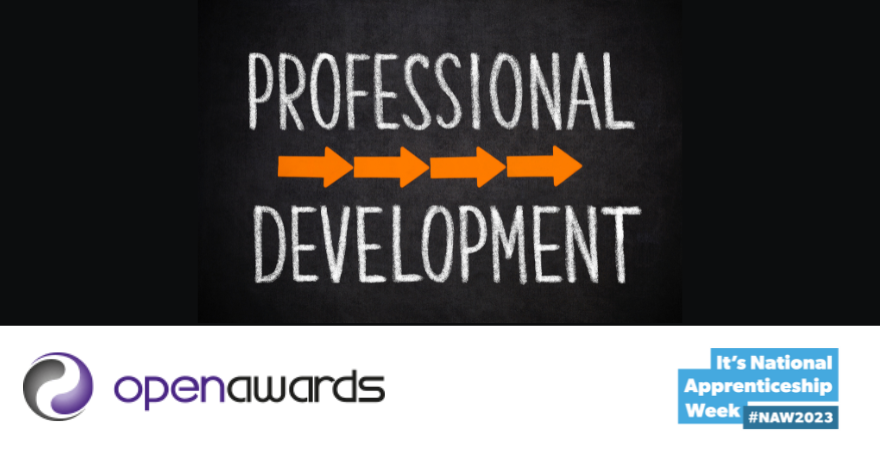
 Nina Hinton, Director of Business and Development
Nina Hinton, Director of Business and Development
As an End-point Assessment Organisation (EPAO), a key responsibility is to ensure our assessors are equipped with the knowledge and skills necessary to accurately and fairly assess the apprentices registered with us. One element is providing our assessors with opportunities for continued professional development (CPD).
An important aspect of CPD for new assessors is achieving the Certificate in Assessing Vocational Achievement (CAVA) qualification. This qualification is often a requirement of the Assessment Plan and the knowledge and skills within the qualification are essential for any assessor responsible for assessing vocational achievement or competence.
Whilst incredibly valuable, CAVA can also be a significant barrier to recruiting end-point Assessors.
There is commonly a balance to be found when recruiting between the specific knowledge and occupational experience required, against experience of assessing apprentices. This is particularly true for some of the niche apprenticeship Standards that we offer at Open Awards. There have been times where we have wondered if we were ever going to find the right ‘somebodys’ with the very specific skillset and experience required for our Standards.
So, what have we done to overcome this potential barrier?
We have committed to growing and developing our own!
As an EPAO, we support our assessors with obtaining the CAVA qualification by offering financial support to cover the cost of the course and making the enrolment onto the course as easy as possible. As well as meeting Assessment Plan requirements, achieving the CAVA qualification is a great way for our assessors to demonstrate their commitment to CPD and it also gives them a deeper understanding of the assessment process and how to ensure their decisions are consistently fair and accurate. Often this understanding can benefit them on other training and education roles they may have, particularly within industry.
Undertaking a qualification is not to be underestimated. We know how hard our assessors work to undertake the learning and to complete the required assessments. All whilst maintaining their day-jobs, and working with us to support apprentices. It is a two-way partnership to ensure apprentices receive the best possible experience when undertaking their end-point assessment.
We don’t stop there though.
At Open Awards, we are supporting our assessors by offering training and development opportunities on a regular basis. This includes training workshops and webinars on assessment methods, assessment planning, and quality assurance. By providing our assessors with access to these training opportunities, we ensure that they are up-to-date with the latest industry standards and best practices. They can learn from each other, and feed into Open Awards’ approach to assessment in practice.
We also ensure that our assessors maintain recent occupational experience by requiring them to undertake occupational specific updating, such as attending webinars, trade shows or discussion forums. Given the often fast pace of technology changes within the workplace, this not only helps ensure that our assessors are knowledgeable about the latest industry trends and developments, but it also helps build trust and credibility with apprentices and employers.
However, we recognise that CPD needs are individual and there cannot be a one size fits all model. So we encourage assessors to regularly reflect on their assessment practice and occupational currency to devise and maintain a CPD plan that meets their needs and which they own.
At Open Awards we recognise our responsibility to ensure our assessors have access to CPD opportunities. By providing regular training and development opportunities, supporting our assessors with obtaining the CAVA qualification, and supporting access to industry experts and resources, we are able to ensure our assessors are equipped with the knowledge and skills necessary to accurately and fairly assess our apprentices. This ultimately helps underpin the apprenticeship system in delivering the skilled workforce that businesses and the economy need.
